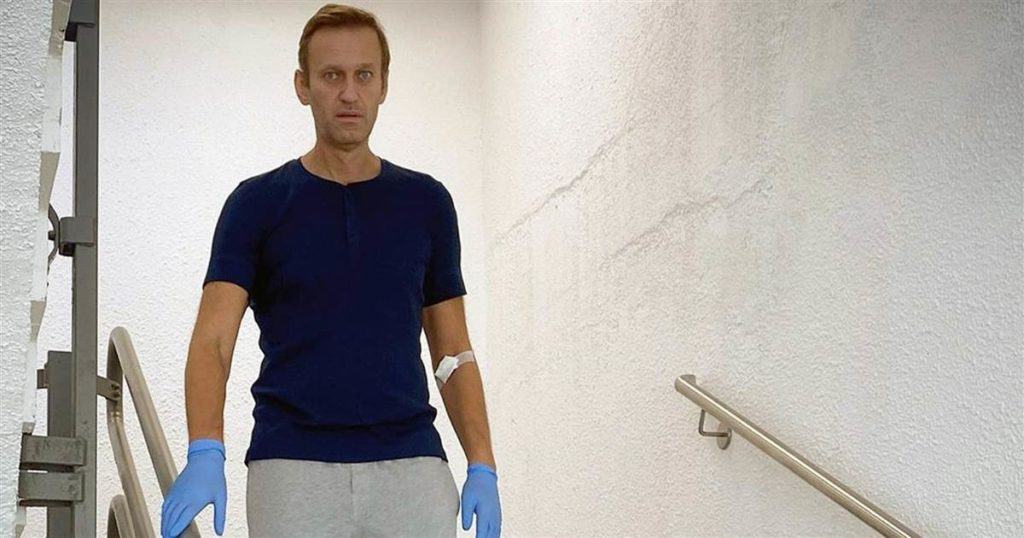A retirement nest egg offers peace of mind and real estate is one of the safest long-term investments you can make.
But before entering the market, it’s important to pinpoint exactly what you’re looking for and to consider the potential risks involved.
From deciding whether to inhabit or rent out the property to the value of return, Harcourts has rounded up the 6 factors to consider when investing in real estate for your retirement.
What are you looking for?
Before you even embark upon your property search, it’s important to pinpoint exactly what you’re looking for.
Buy for self-use
Are you looking to buy residential property to live in? This is a great option if you’re looking to downsize and want to own a smaller family home that you can pass on to future generations.
Buy to lease
Investing in a property that you intend to lease out is an option for those looking to make regular passive income.
You can even hire a property manager to provide property management services such as collecting rent and screening tenants, making it a real hands-off investment.
Buy to sell
You may choose to buy and sell a property in the short term which means making a quick profit. This tends to be a home that is under construction and can be sold for a profit upon completion.
The other option is to buy a property to sell later down the line.
The value of the return
Whether you’re planning to fund your retirement through rental income or the sale of your home, it’s important to make sure that the value of return covers your cost of living.
You may consider investing in multiple properties of a small value or just one property at a bigger asking price. It’s recommended that you work alongside a real estate agent and financial planner to figure out the best route for you.
If you’re selling your property then it’s crucial to get a property valuation so that you have a clear understanding of how much money you can put away into your retirement fund.
What kind of property are you looking for?
Once you’ve decided on how you intend to use the property, the next step is choosing the type of home you are looking for.
A new build
If you wish to live in the property during retirement, it’s worth looking into new builds. You’ll be given the opportunity to customize the home as you wish and will be able to enjoy modern amenities.
Modern properties are also easier to maintain, which means you won’t need to worry about looking after your home in later life.
An existing property
The appeal of purchasing an existing property is that you don’t have to wait to move in and might not need to make any changes, which will save money.
A commercial property
You don’t necessarily need to look into the housing to make a profit, as renting out commercial spaces such as warehouses or shop fronts can also prove a great way to make extra income.
Location, location, location
One of the most important factors to consider when purchasing a property is located. In order to appeal to prospective tenants and homeowners, make sure to look for real estate which is in close proximity to local amenities, transport hubs, green space, and schools – all factors of which play a part in a property’s value.
It’s also worth investigating employment and crime rates within the area before settling on the perfect location.
Take your family into consideration
Although it may seem like a great idea to invest in multiple properties ahead of retirement, it’s important to take into consideration your family.
Ask yourself if you will want to continue managing a number of properties into your later years or if your family would be happy to inherit your real estate after you pass away.
The risks of property investment
It’s important to take into consideration the potential risks involved with investing in real estate.
Vacant properties
One of the greatest risks that come with renting out an investment property is that it may be vacant for a period.
With no tenants available to your residential rental property, you’ll have to cover the mortgage repayments.
Lack of liquidity
In comparison to other investments, there’s a lack of liquidity in real estate. If you would like to access your investment fund quickly in case of a financial emergency, this may not be the right avenue for you.
Damage to the property
It’s important to remember that property is a tangible investment and is at risk of natural disasters, damage by tenants, or robbery.
Whether you’re planning to inhabit or rent out your investment, make sure to protect your property with an insurance policy to reduce the risks posed by external factors.
Investing in real estate for your retirement is undoubtedly a great way to earn income and may even prove a great project to focus on in later life. Before making any decisions, make sure to seek advice from family, friends, a real estate agent, and a financial planner.









